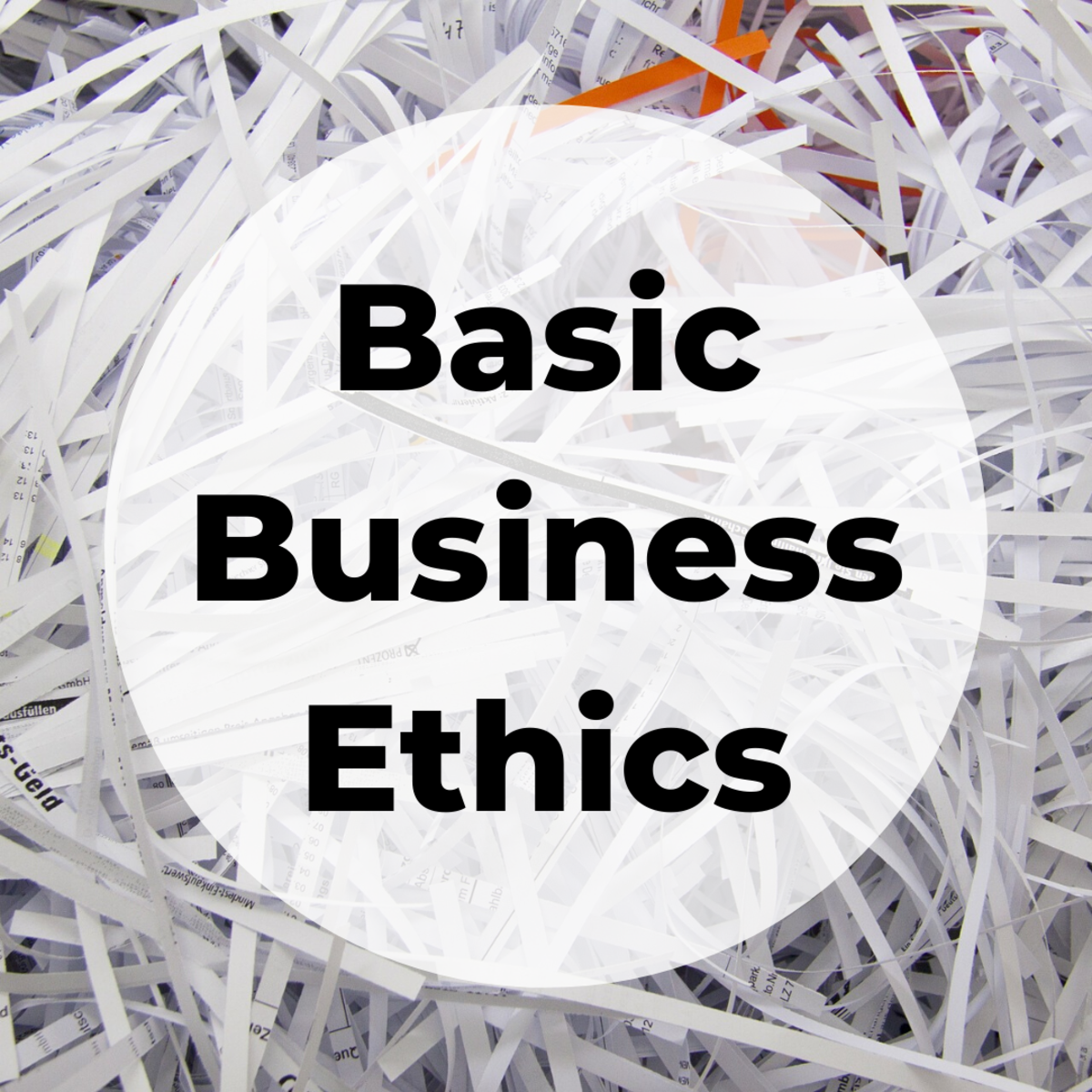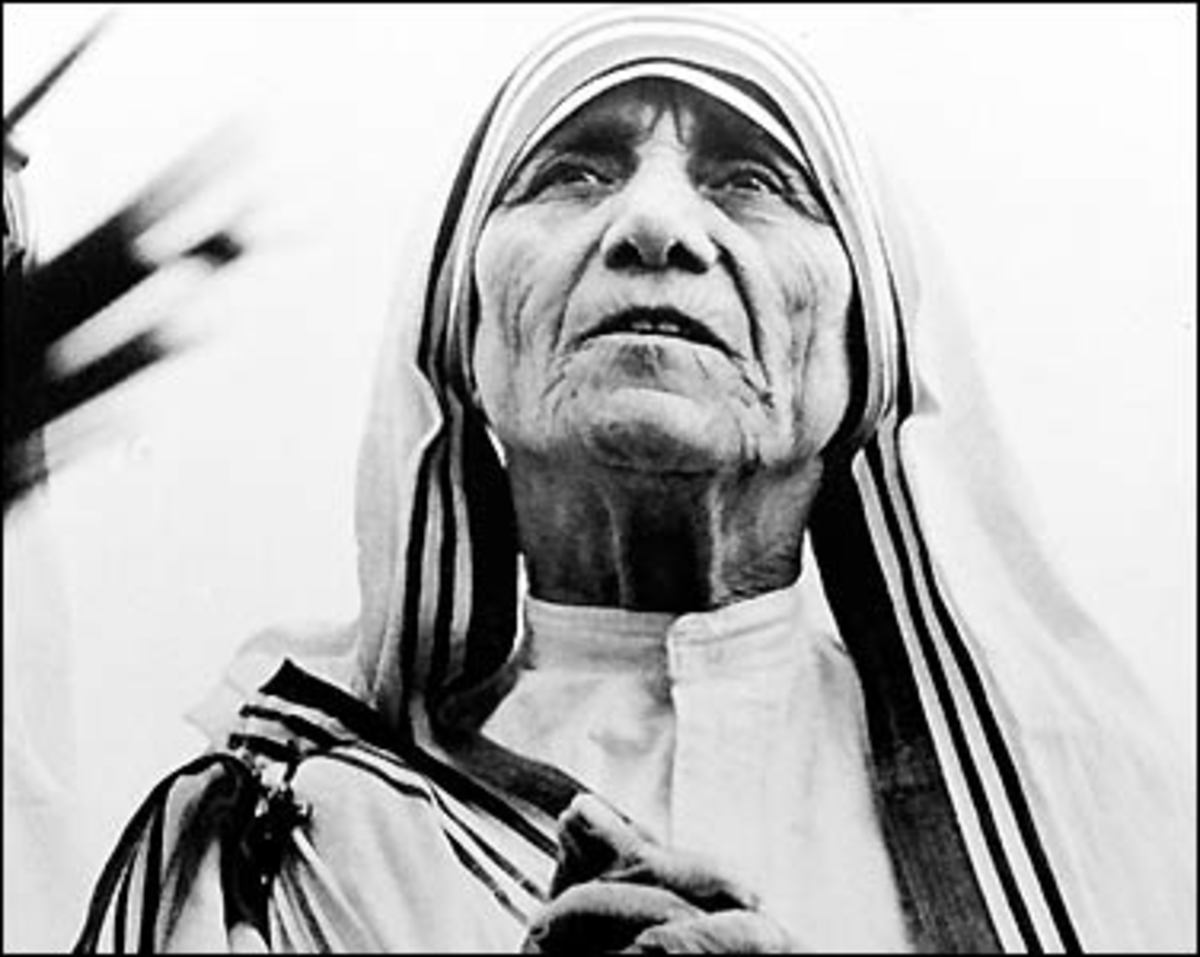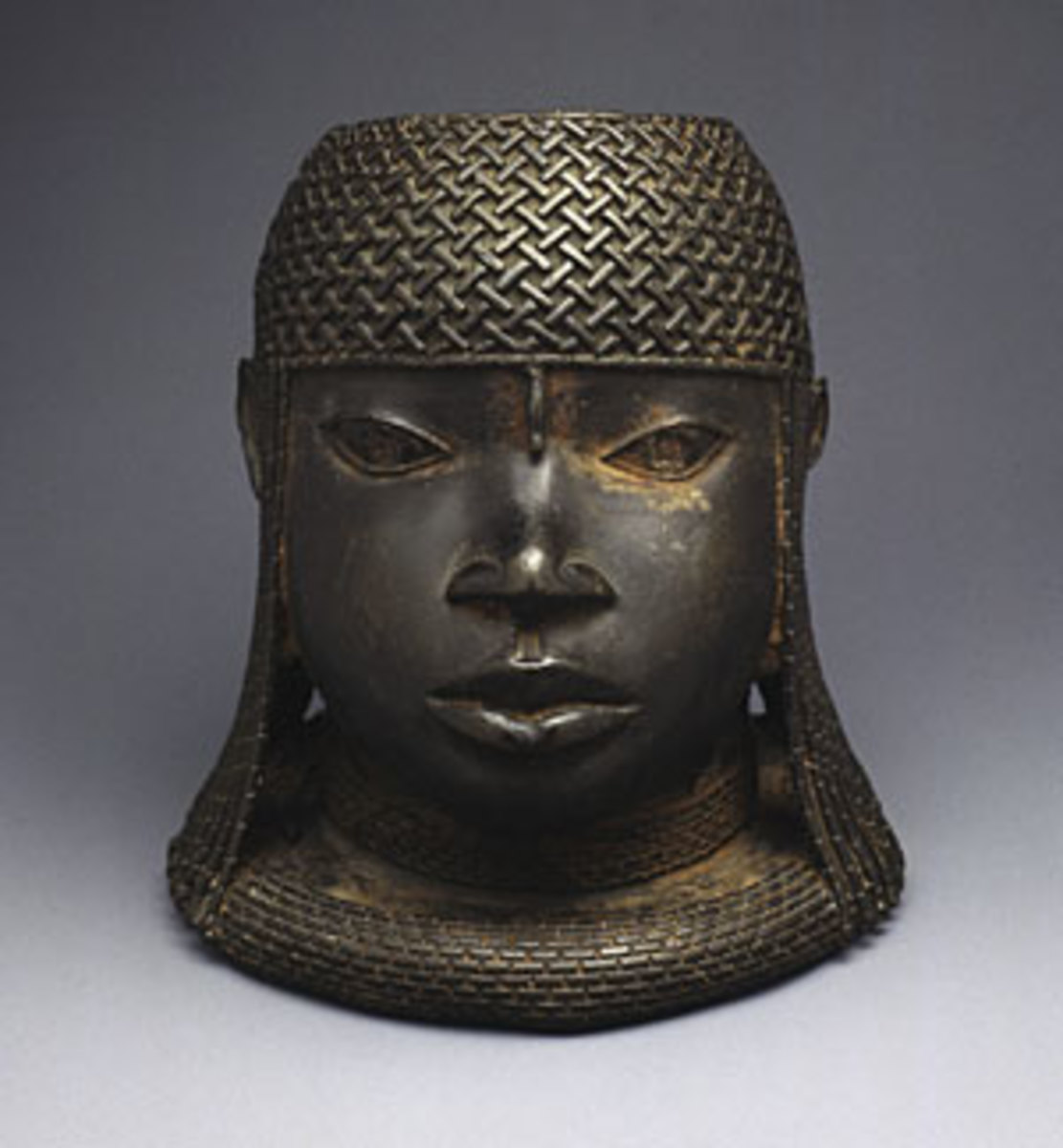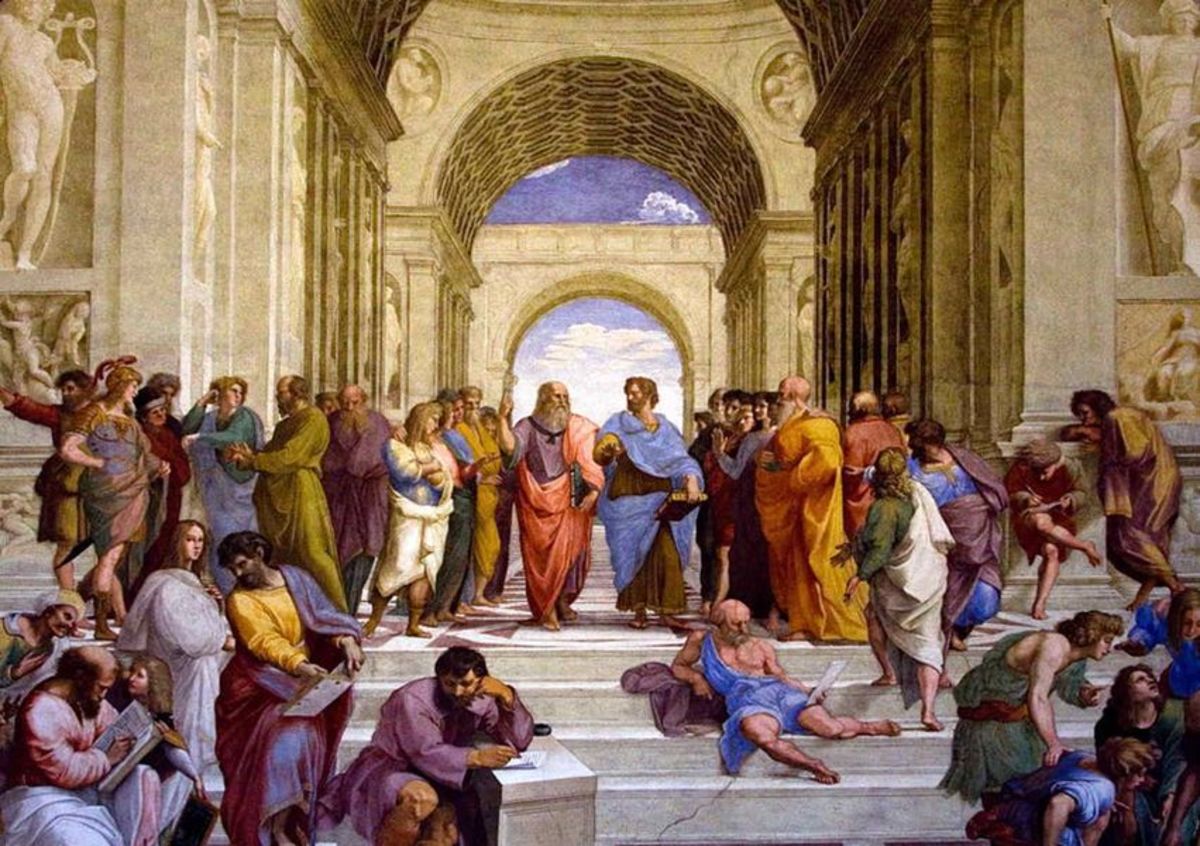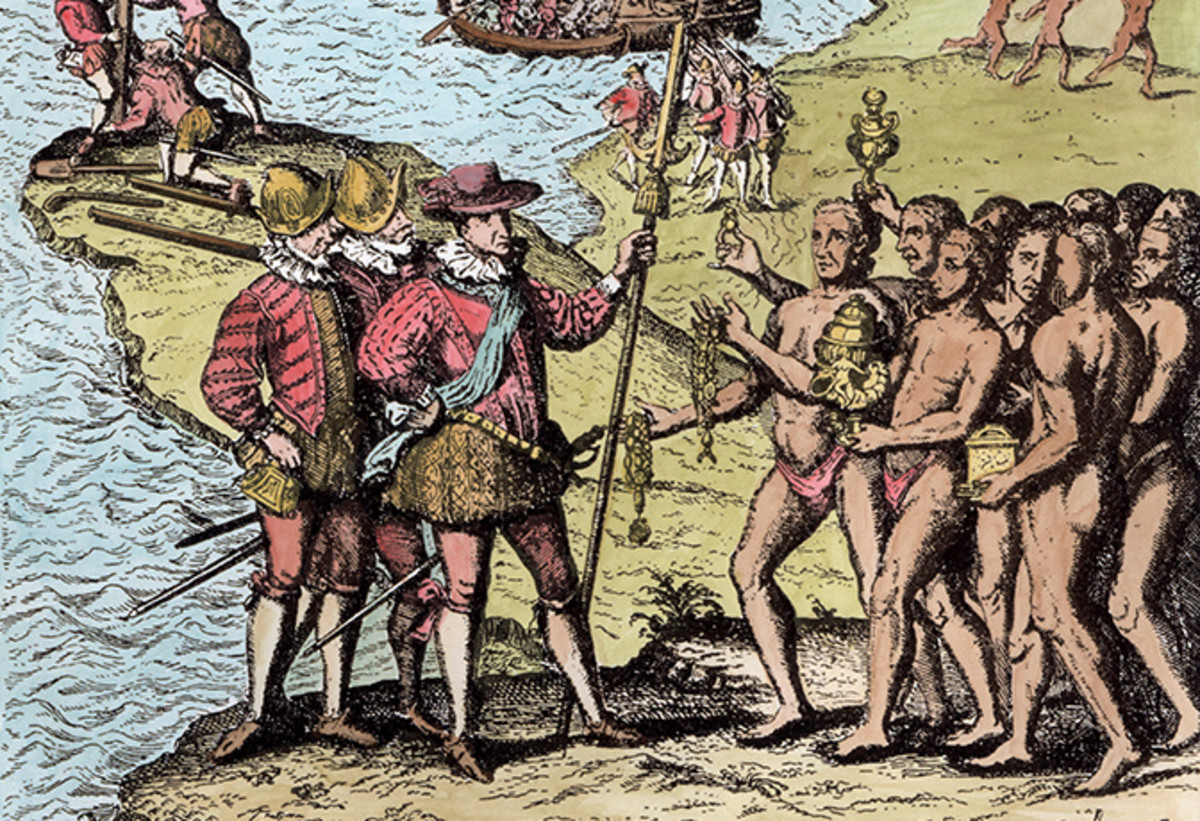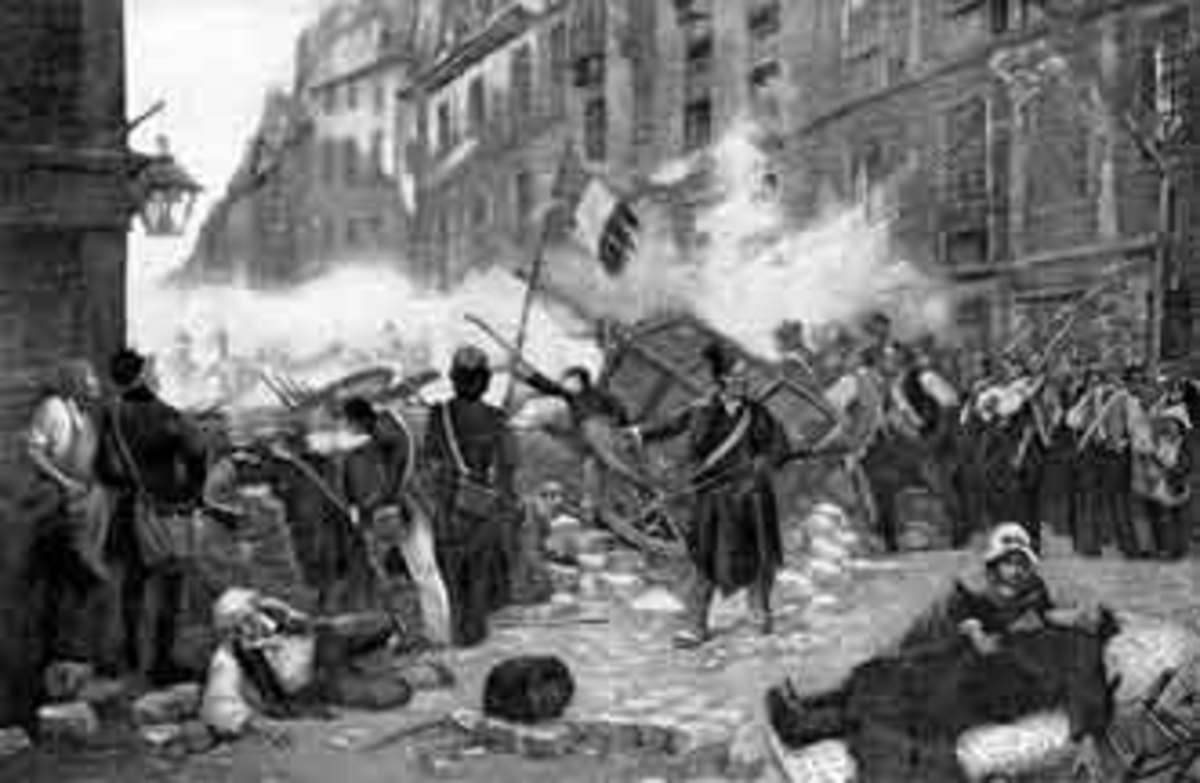A Wordscape On Civilization - II
Is what we get worth what we pay?
Before we throw out our chests, snap our suspenders, and boast about the benefits of our modern civilization, let’s step back to take a broader look at what we are accepting as normal. Are we really better off or do we just think that we are?
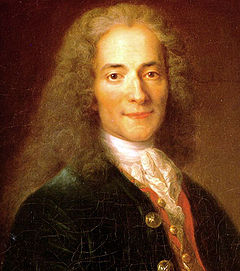
“Animals have these advantages over man: they never hear the clock strike, they die without any idea of death, they have no theologians to instruct them, their last moments are not disturbed by unwelcome and unpleasant ceremonies, their funerals cost them nothing, and no one starts lawsuits over their wills.” (~Voltaire, letter to Count Schomberg, 31 August 1769)
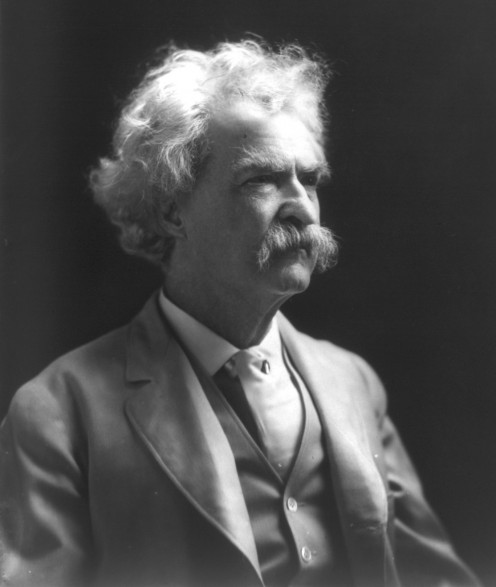
“There are many humorous things in the world, among them the white man's notion that he is less savage than the other savages.”(~Mark Twain, Following the Equator, 1897)
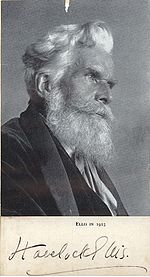
“What we call progress is the exchange of one nuisance for another nuisance.” (~Henry Havelock Ellis)
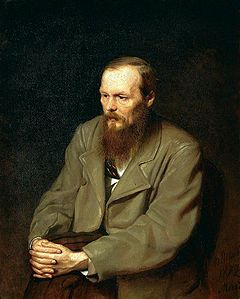
“The degree of civilization in a society can be judged by entering its prisons” (~Fyodor Dostoyevsky)
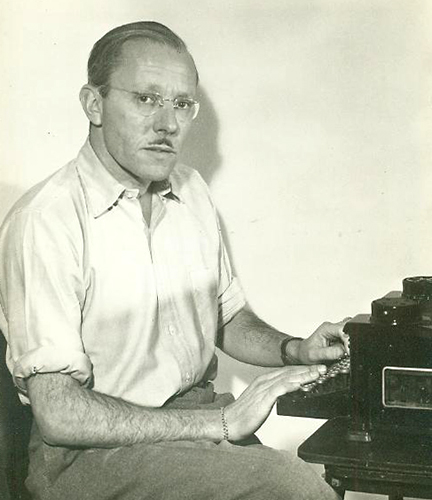
“We are so clothed in rationalization and dissemblance that we can recognize but dimly the deep primal impulses that motivate us.” (~James Ramsey Ullman)
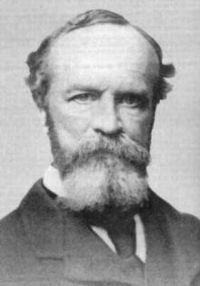
“The prevalent fear of poverty among the educated classes is the worst moral disease from which our civilization suffers.” (~William James)
What is the purpose of civilization?
There were so many throughout history who have shared their ideas about civilization, what it is, and how it began. They provide a glimpse, however brief, at how far we have come, the tolls paid along the way, and at some of the benefits gained. But, does civilization have some purpose? Does it have more than one? Richard P.Feynman sees one.
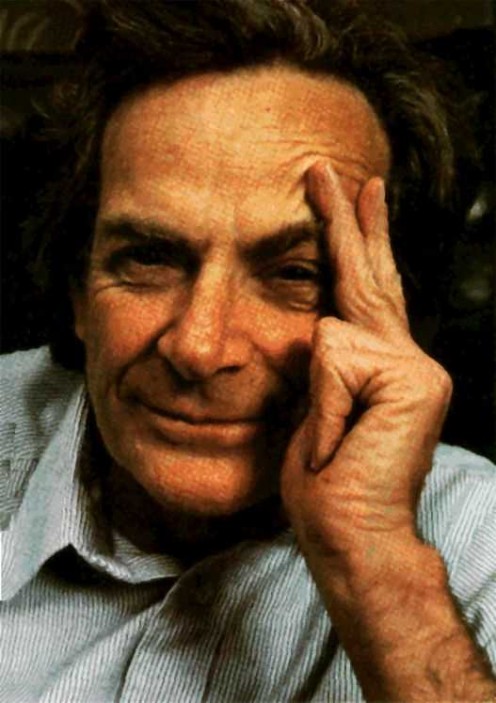
“We are at the very beginning of time for the human race. It is not unreasonable that we grapple with problems. But there are tens of thousands of years in the future. Our responsibility is to do what we can, learn what we can, improve the solutions, and pass them on.” (~Richard P. Feynman)
Novelist Ayn Rand clearly believed that civilization, as a whole, should serve its members in ways unique to each of them. Such zeal for liberty would have prevented The Patriot Act of 2001 had our country not been suffering the trauma of 9/11.

“Civilization is the progress toward a society of privacy. The savage's whole existence is public, ruled by the laws of his tribe. Civilization is the process of setting man free from men.” (~Ayn Rand)
Colonel Robert Ingersoll paints a new face on the old adage “Do unto others” when he charges civilization with this awesome responsibility.
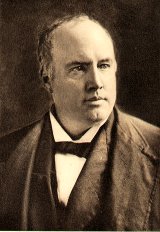
“The true civilization is where every man gives to every other every right that he claims for himself.” (~Robert Green Ingersoll)
William Jennings Bryan did not monkey around with the constitution nor with rights and liberties it guarantees.
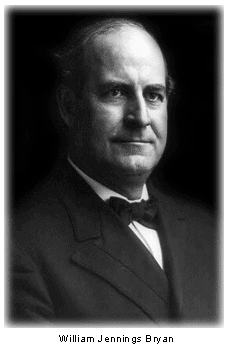
“Anglo-Saxon civilization has taught the individual to protect his own rights; American civilization will teach him to respect the rights of others.” (~William Jennings Bryan)
America, during its very short existence, has had an extraordinary impact on the path and progress of civilization. Yet many of its tenets are struggling to survive. For this, its elected officials must be held responsible. For they have allowed themselves to be distracted by less noble ideals.

“Today we are faced with the preeminent fact that, if civilization is to survive, we must cultivate the science of human relationships - the ability of all peoples, of all kinds, to live together, in the same world, at peace” (~Franklin D. Roosevelt)
Man's intellect uses knowledge to advance civilization and all of its advantages. Let us not forget that of the two intellect is the more important.

“We know next to nothing about virtually everything. It is not necessary to know the origin of the universe; it is necessary to want to know. Civilization depends not on any particular knowledge, but on the disposition to crave knowledge.” (~Unknown)
Coach Lombardi was recognized for his skill at harnessing the potential energy derived from collaborating individuals.
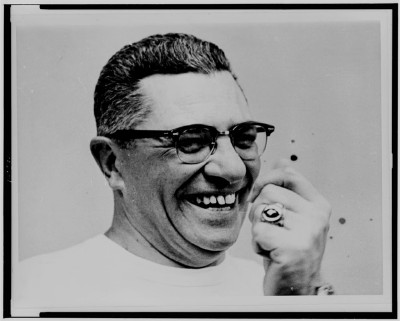
“Individual commitment to a group effort -- that is what makes a team work, a company work, a society work, a civilization work.” (~Vince Lombardi)
Is Mankind better off?
Has time and civilization made the world a better place to live? Perhaps the best answer came from the most widely read Poet Laureate of the United Kingdom.
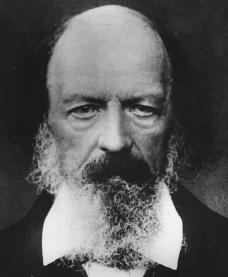
“I stood on a tower in the wet,
And New Year and Old Year met,
And winds were roaring and blowing:
And I said, "O years, that meet in tears,
Have ye aught that is worth the knowing?
Science enough and exploring,
Wanderers coming and going,
Matter enough for deploring,
But aught that is worth the knowing?"
(~Alfred Tennyson)
All civilizations, it seems, are graded by their spirituality. John Muir gave civilization in his day a rather poor mark.
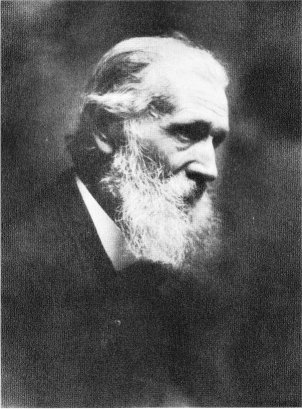
“The gross heathenism of civilization has generally destroyed nature, and poetry, and all that is spiritual.” (~John Muir, letter to J.B. McChesney, 19 September 1871)
George Orwell saw civilization in his time differently and he offered his own counterpoint.
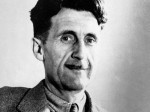
“(Mankind) is not likely to salvage civilization unless he can evolve a system of good and evil which is independent of heaven and hell” (~George Orwell)
Never a fan of hypocisy, Theodore Roosevelt had a reputation for attacking the political complacency of his times.

“No people is fully civilized where a distinction is drawn between stealing an office and stealing a purse” (~Theodore Roosevelt)
With a noticeable absence of wit, Mark Twain critiques a civilization that he found laced with unpleasantness.

“My idea of our civilization is that it is a shoddy, poor thing and full of cruelties, vanities, arrogances, meannesses and hypocrisies.”(~Mark Twain)
But Will Rogers, on the other hand, rarely suppressed his sense of humor even when dealing with the most serious of subjects.
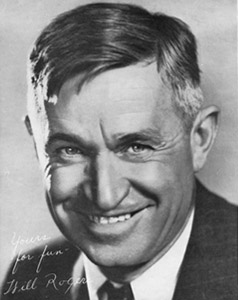
“You can't say civilization don't advance... in every war they kill you in a new way.” (~Will Rogers)
The needs of both men and civilization are connected in this comment from Samuel Johnson.
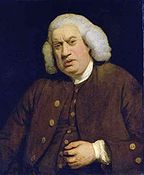
“A decent provision for the poor is the true test of civilization.” (~Samuel Johnson)
Enlightenment is often found in a fortune cookie or on a Snapple bottle cap. And to prove that wisdom can come with ketchup and a pickle, just consider this

“Modern man is just ancient man... with way better electronics.” (~Author unknown, "A Short History of Breakfast," from a Jack in the Box tray liner, 2006)
How will it end?
Here we are, at last, considering the very end of civilization. So many great minds have dared to predict the future of civilization and its ultimate demise. After all of the predictions that I have read so far, I can only hope I will never live to see if any come true.
Albert Einstein was awarded the Nobel Prize in Physics in 1921. He was among the first to comprehend the awesome destructive power of atomic energy. It is his vision in the past that makes his view of the future so disturbing.
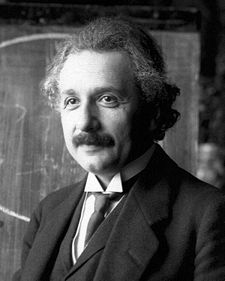
“I know not with what weapons World War III will be fought, but World War IV will be fought with sticks and stones.” (~Albert Einstein)
Awareness of the self-destructive potential of civilization is common even among poets like Mr. Emerson.
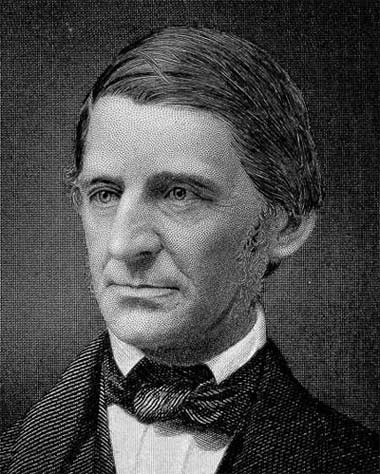
“The end of the human race will be that it will eventually die of civilization.”(~Ralph Waldo Emerson)
The greatest folly of civilization may be the belief that it can not be destroyed by its own choices.
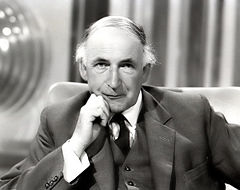
“The fate of human civilization will depend on whether the rockets of the future carry the astronomer's telescope or a hydrogen bomb.” (~Bernard Lovell)
In the end, the authority civilization wields over us may, in fact, be the only force that holds civilization together. Hannah Arendt made the point a long time ago.

“The defiance of established authority, religious and secular, social and political, as a world-wide phenomenon may well one day be accounted the outstanding event of the last decade” (~Hannah Arendt)
Not all predictions are gloom and doom. There will always be those who believe love will one day conquer all adversaries. Richard Bach is one.
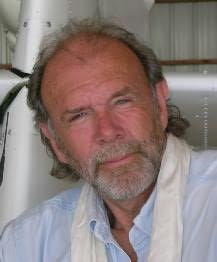
“Evolution made civilization steward of this planet. A hundred thousand years later, the steward stood before evolution not helper but destroyer, not healer but parasite. So evolution withdrew its gift, passed civilization by, rescued the planet from intelligence and handed it to love.” (~Richard Bach)
In the final analysis, civilization as we know it, with all of its shortcomings, is the only one we have. While we can hope for more, or yearn for less, there is still no one out there to respond to our call, “Stop the world, I want to get off.”

Endnotes:
[1] Paraglider, There is no such thing as Civilisation, dropoutnation.blogspot.com, 2010
[2] Quilligrapher, The Art Of Civilized Persuasion, Hubpages.com, 2010.




